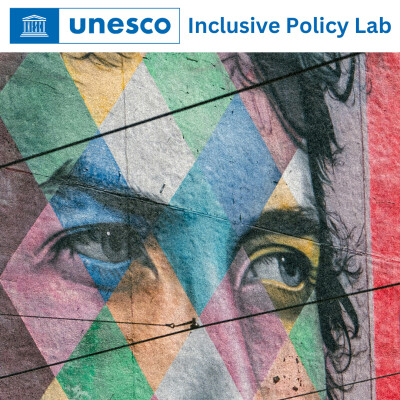Description
Much guilt for the erosion of public trust in science is laid at the feet of social media. Does data support such fears? Homero Gil de Zuñiga Navajas and Brigitte Huber conducted a 20-country study that looked into this relationship and they say… “it’s complicated”. Social media news use is positively related to trust in science, yet worries about echo chambers and polarization are real. They also say that there is little fake news on social media, but it’s the concentration and effects that are concerning. The majority of fake news hits a small group of people, who are dragged into rabbit holes by algorithms and their own curation of content. But look on the bright side. There is room for everything on social media. Scientists and policy makers need to discern paths to positive outcomes. From using micro-targeting, to banking on users' need for cognition, to tailoring campaigns to personality traits – social media has “tricks”. Are we ready to employ them? Find out in their discussion with UNESCO’s Iulia Sevciuc .
Hosted on Ausha. See ausha.co/privacy-policy for more information.






